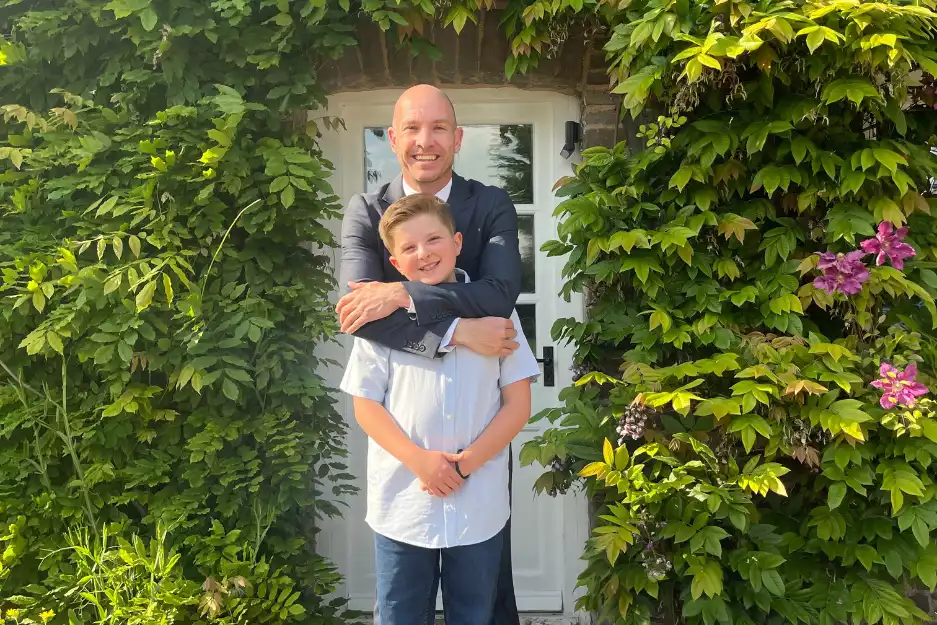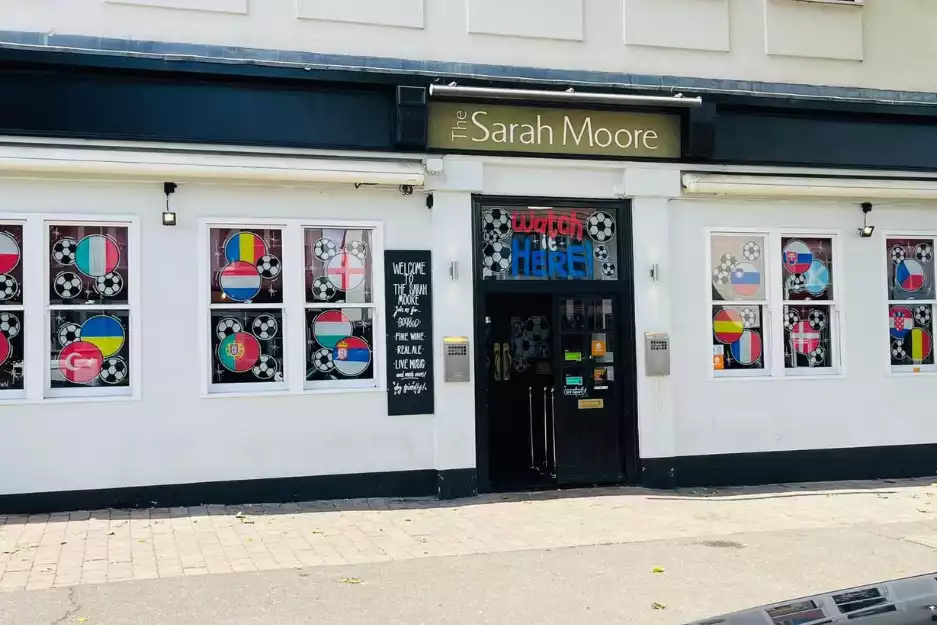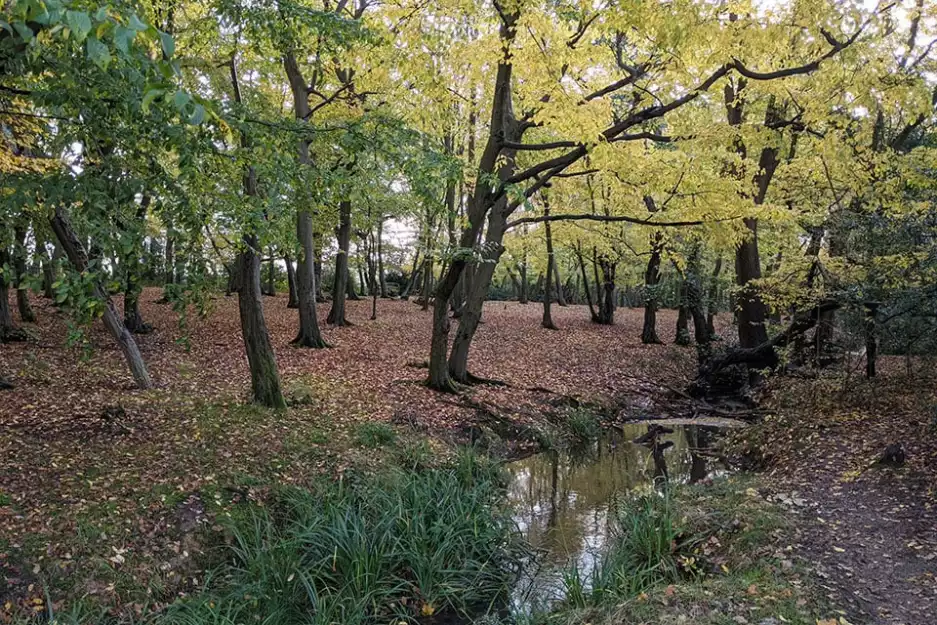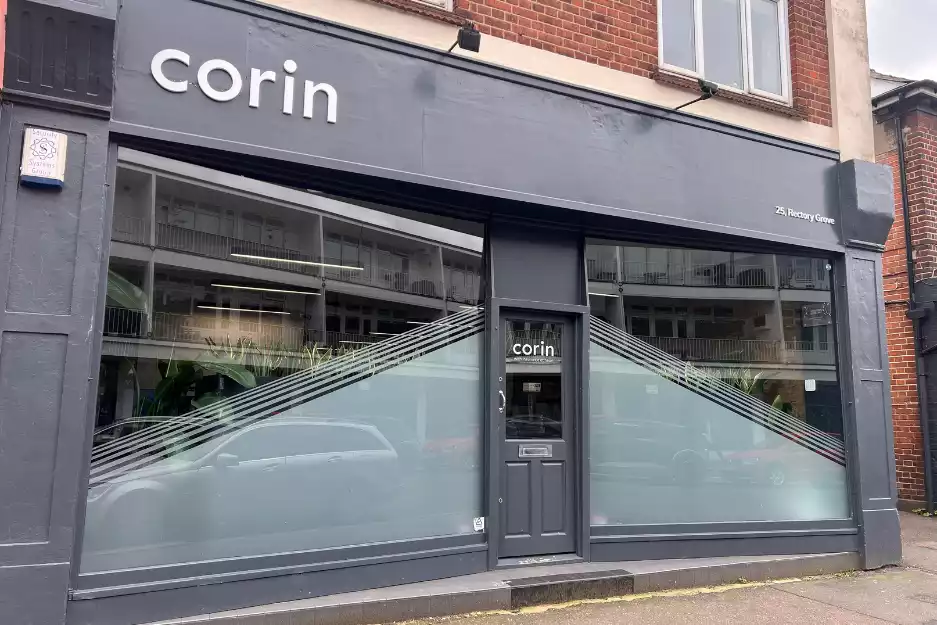-
AllAnytime Fitness Gym Art Beer Of The Week Blog Bus Fares Bus Service Business Business Expo C2C Care Care Home Charity Children Christmas Cinema City Status Cliffs Pavilion Cliffs Pavilion Review Cocktail Recipes College Community Competition Construction Coronation Coronavirus Dannielle Emery Design Easter Education Electoral changes Leigh on sea Emma Smith Employment Emsella Chair Environment Essex & Suffolk Water News Essex Police Essex Wildlife Trust News Events Family Fun Fashion Festival Film Finance Fitness Food Food & Drink Football Foulness Bike Ride Fresh Face Pillow Company Gardening General Election Hair & Beauty Halloween Harp Havens Havens Hospice Havens Hospices Havens Hospices Health & Fitness Health & Beauty Health & Fitness Healthwatch Southend Historicaleigh History Holidays Housing Indian Indirock Jubilee Karen Harvey Conran Kids Kids Blogs Kids Competitions Kids Reviews Lazydays Festival Legal Legal Eagle Leigh Art Trail Leigh Folk Festival Leigh Library Leigh On Sea Finds Leigh Road Leigh Town Council Leigh Town Council Press Release Leigh on Sea Leigh on Sea Sounds Leigh on sea Folk Festival Leigh on sea Marathon Leigh on sea Town Council Leigh on sea man breaks marathon record Leigh on sea news Lifestyle Livewell Southend Press Release LoS Shop London London Southend Airport Los Shop Marathon Melinda Giles Mortgage Angel blog Mortgages Motherofalloutings Mughal Dynasty Music My Mortgage Angel MyLoS NHS News News Newsletter Offers Outfit Of The Week Palace Theatre Parenting Parking Pets Picture Of The Week Pier Politics Press Release Press Release Southend City Council Professional Property Property Of The Week RSPCA Ray Morgan Re:loved Recipes Recycling Restaurant Restaurant Review Restaurants Review Roads Rotary Club Royal Hotel Royal Visit SAVS Schools Seafront Shopping Shows & Music Review Shows & Music Shows & Music Review Southend Southend Airport Southend Borough Council Press Release Southend City Bid News Southend City Council Southend City Council Press Release Southend City Council Press Release Southend Community Safety Southend Hospital News Southend In Sight Southend In Sight Southend In Sight Press Release Southend on Sea Sport The Mortgage Mum The One Love Project The Ship Hotel Theatre Theatre Blog Theatre Review Theatre review Transport Travel Travel Veolia Village Green Volunteer Weddings Whats On c2c
Stroke surviving Leigh-on-Sea fireman takes on London Marathon inspired by nephew who survived multiple strokes and mini strokes

Leigh on Sea based firefighter Sam Redfern will be taking on the London Marathon on Sunday April 21st, just 2 years after surviving a massive stroke which doctors said he was lucky to survive. Sam, 46, a sub officer at Whitechapel Fire Station in London, said he is inspired to raise funds for stroke charity Different Strokes by the bravery and fundraising efforts of his 12-year old nephew Ryley Reed who has survived multiple strokes and ‘mini-strokes’.
Sam said “My nephew Ryley is the reason I’m running. This boy in my opinion is the bravest, most incredible boy on the planet. What Ryley has been through is enough to break the strongest of wills but he has faced all adversity head on and with a smile.”
Ryley, who suffered his first stroke aged 9 while out riding his bike with his Mum Kate Reed, raised over £7,500 during the first year of his stroke rehabilitation. To help inspire him in his physical rehabilitation Ryley took on the Virtual Mount Everest Challenge, walking 40 miles over a period of a few months. Ryley’s efforts won praise from celebrity fitness coach Joe Wicks and huge support from locals in his village of Llangors in the Brecon Beacons, near Cardiff. The money raised helped fund a new playpark in the village, which Ryley opened as guest of honour in July 2023.
Ryley’s strokes are caused by a rare disease called Moyamoya syndrome which affects 1 in a million people in the UK. The disease causes narrowing of the arteries in the brain, leading to the body forming emergency back-up vessels which appear on a scan as a “puff of smoke”, or “moyamoya”, a term coined by the Japanese team who first described the disease. Moyamoya causes mini strokes, known as Transient Ischaemic Attacks, and can cause major strokes and brain bleeds. In February 2022 Ryley had pioneering, life-saving 10-hour brain surgery to reduce his risk of having another major stroke. For nine months after the surgery Ryley had to minimise any physical or mental exertion- so no clubs, no sports and even no Fortnite!
Ryley said, "I'm so thankful to Uncle Sam for doing this and raising awareness for Strokes. Having strokes has been very hard for me, it's tiring and has changed my life. It's important to raise awareness of stroke so people know it can literally happen to anyone, even kids like me! I wish I was fit enough to run it with him but I'll be with him every step of the way - we are so proud of him - go smash it Uncle Sam!"
Sam’s wife and son and members of Sam’s Green Watch crew at Whitechapel Fire Station will be in Central London cheering Sam on as he runs through the 13-mile and 22-mile checkpoints at Tower Bridge. Sam expects to complete the distance in under 4 hours.
Sam, a super fit sporty fireman, was aware that strokes could affect younger people due to his nephew Ryley’s experience but never imagined a stroke could happen to him. When it did, Ryley’s Mum Kate was the first person he called for advice and she urged him to seek treatment immediately.
Sam said, “One evening my arm went all floppy and I lost my speech, but after about 30 seconds suddenly everything came back to normal again. It didn’t even cross my mind that it was a stroke, I just thought my arm went funny because I was lying on it. I went to bed and… this is going to sound a bit mad, but in my dreams my grandma, who died years ago, told me to go to hospital. In the morning I felt ok but I rang Kate because she has so much expertise in all of this with Ryley, plus she’s a nurse. She told me to go straight to A&E. The people at A&E ran some tests which were all normal. They said it sounds like it’s just a bit of a blip, maybe I’d had a TIA (a Transient Ischaemic Attack) so they booked me in to see someone at the TIA clinic a few days later.”
“A couple of days later I remember waiting for a train to get to work and looking at a light and it was so painful, it was like a blow torch on my brain. At the TIA clinic all the initial tests were normal, but they said we’ll do an MRI scan just to be sure. The stroke consultant was looking at the scan with me, all good, all good, then he suddenly saw the stroke, a left partial infarct, and said, “Oh my word, you’ve had a major stroke. You are one very lucky boy, to be talking and walking after that.”
“Well, that was it then, I got signed off work while I recovered and the next few weeks were really hard. I’m not sure I did a great job on following doctor’s orders, but thanks to incredible support from our national health service and my amazing family I’m back working. I’m running, doing my sports, doing some sets as a DJ for firefighter charity nights in an east end night club, all the things I love. I still have some mental fatigue and aphasia related to the stroke, but physically I’m good. “
“I know I’m in an extremely fortunate position after my stroke to be alive and to be able to entertain the idea of running a marathon. For many stroke survivors the road to recovery is much harder, and there’s a lot could be done to make their lives that bit less difficult, which is where Different Strokes comes in. I want to help them raise awareness about strokes in young people, especially after everything that’s happened with Ryley.”
ADD A COMMENT
Note: If comment section is not showing please log in to Facebook in another browser tab and refresh.
























